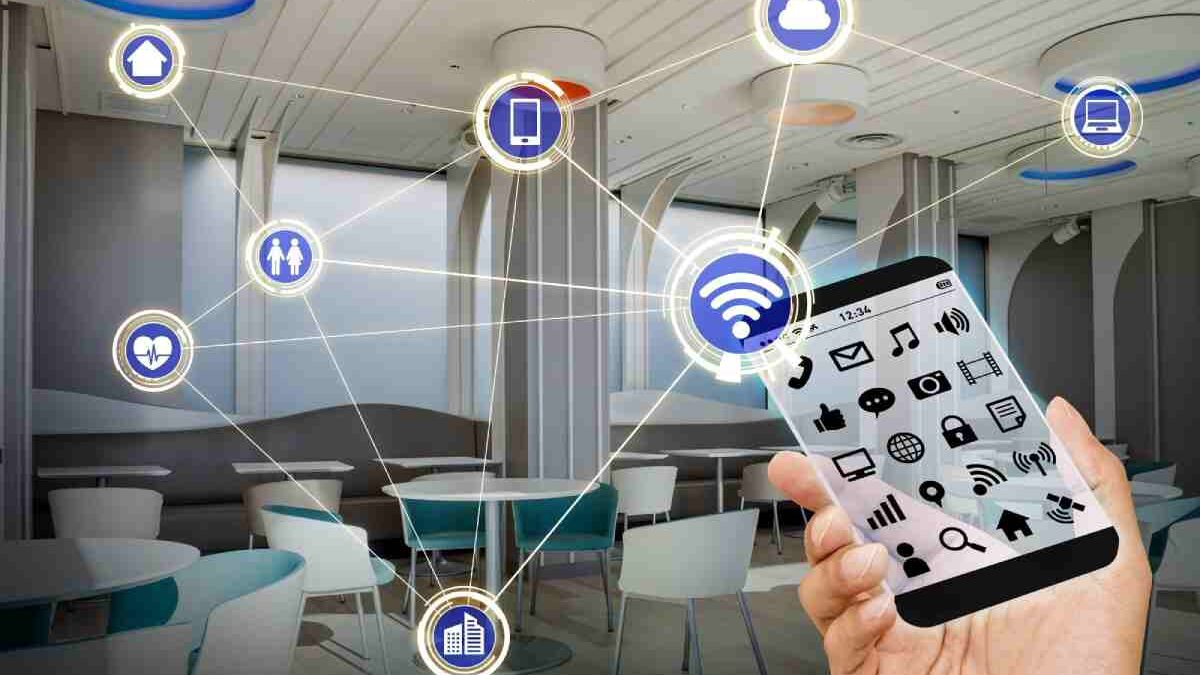Types of Smart Office Sensors – Today’s offices are becoming “smart” – they use technology to save energy, keep people comfortable, and make work easier. Tiny devices called smart sensors are the key. They watch what’s happening in the office and automatically fix things like lights, air, and temperature. Companies like Cisco Meraki make these sensors, and experts help install them properly.
Table of Contents
Why Do We Need Smart Sensors in Offices?
Smart sensors collect information all the time (24/7). This helps bosses and building managers make better decisions. Sensors can:
- Save electricity and money
- Keep the office at the perfect temperature
- Make sure the air is clean and healthy
- Show which rooms are used and which are empty
Now let’s look at the main types of smart office sensors that 9th graders can easily understand.
- Occupancy Sensors These sensors know when someone is in a room (or if it’s empty). Example: If no one is in the meeting room, the lights and AC turn off automatically → saves electricity!
- Motion Sensors They notice when people move. Example: Lights turn on when you walk in and turn off when you leave. They also help security at night.
- Temperature & Humidity Sensors They check if the room is too hot, too cold, or too humid. Example: If it gets hot, the air conditioning starts so everyone stays comfortable.
- Air Quality Sensors They measure how clean the air is (CO₂, dust, bad smells). Bad air makes people tired and gives headaches. These sensors open windows or turn on fans to bring in fresh air.
- Light Sensors They check how bright it is (from the sun or lamps). Example: If the sun is shining, the electric lights dim or turn off → saves power.
- Noise Sensors They measure how loud the office is (but they DON’T record what people say!). If one area is too noisy, the company can add quiet corners or sound-proof walls.
- Water Leak Sensors They detect water where it shouldn’t be (under sinks, near servers). Example: If a pipe leaks, your phone gets an alert before the floor is flooded and computers are ruined.
- Security Sensors Door sensors, window-break sensors, etc. They tell security if someone opens a door after office hours.
What Are the Big Benefits?
- Save Money & Energy: Lights and AC only run when needed → lower electricity bill.
- Happier Workers: Perfect temperature + clean air + good lighting = people work better and get sick less.
- Safer Office: Leaks, bad air, or strangers are spotted fast.
- Better Use of Space: Sensors show which rooms are always empty, so the company can turn them into something useful instead of wasting space.
The Future
More and more offices (and even schools!) are using these sensors. They help companies be greener, cheaper to run, and nicer places to work or study.

